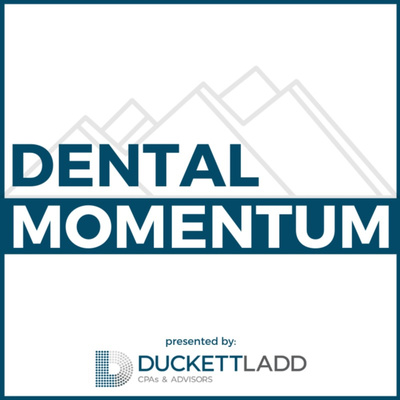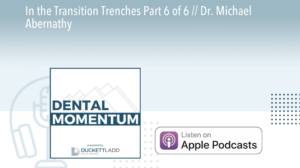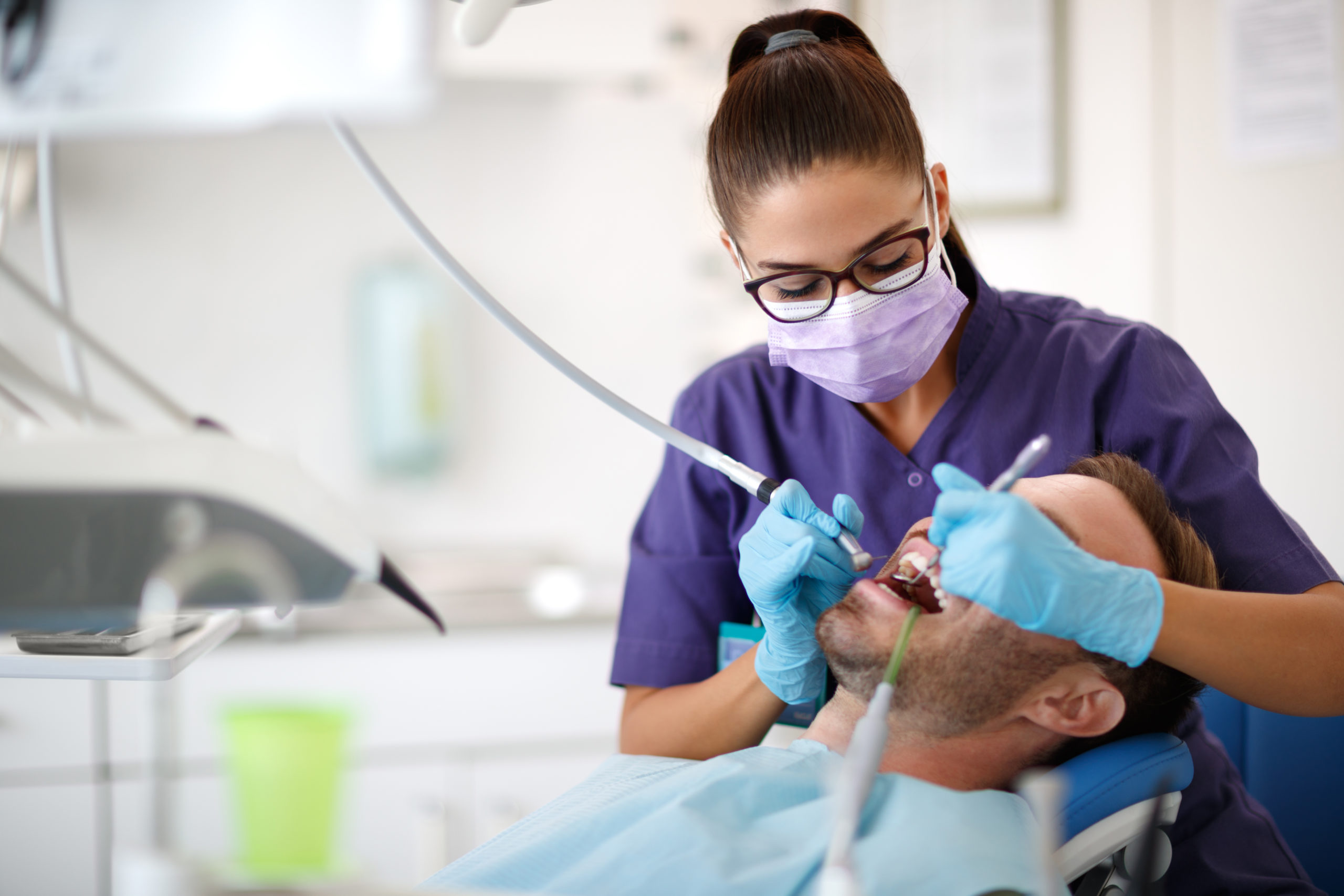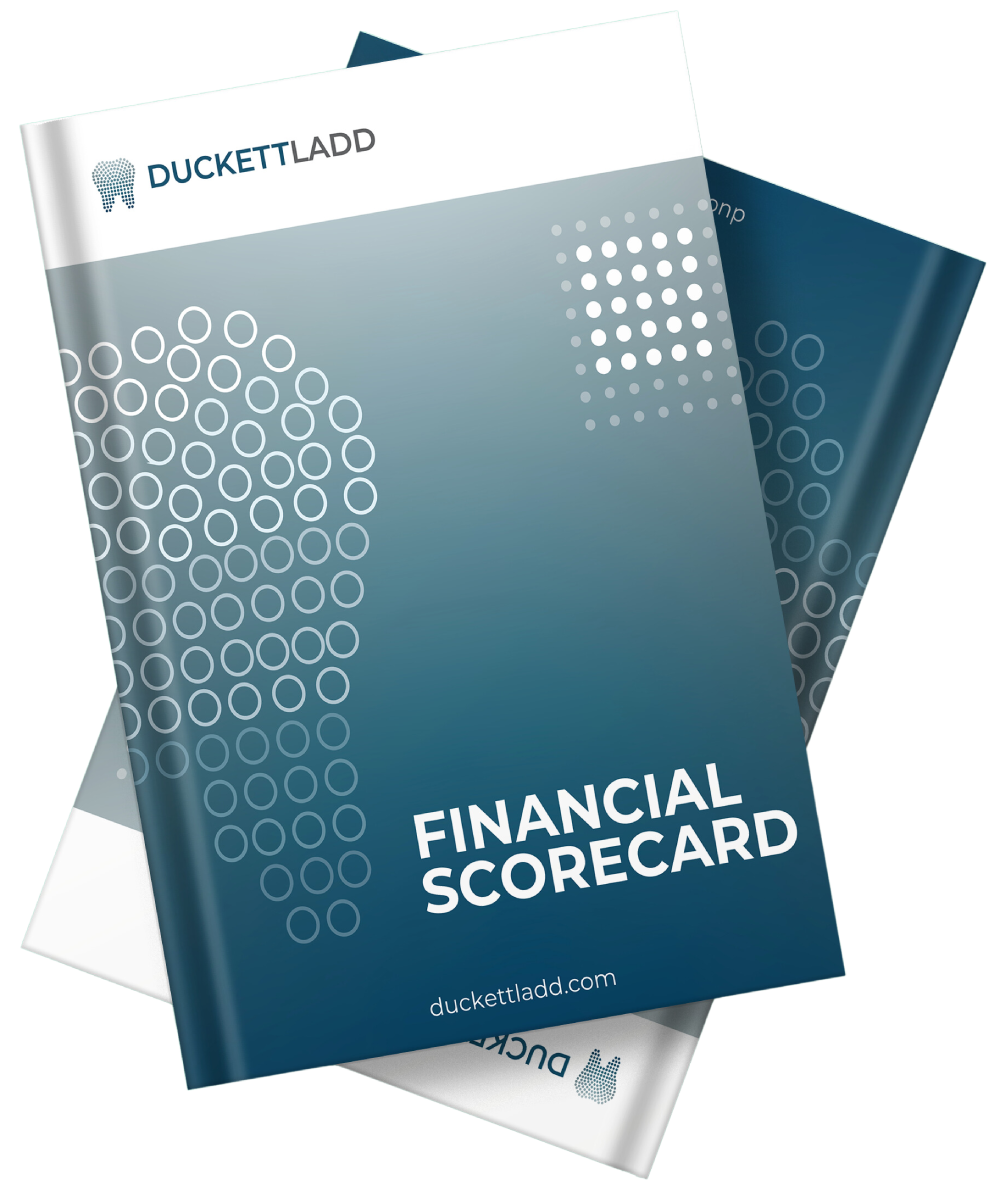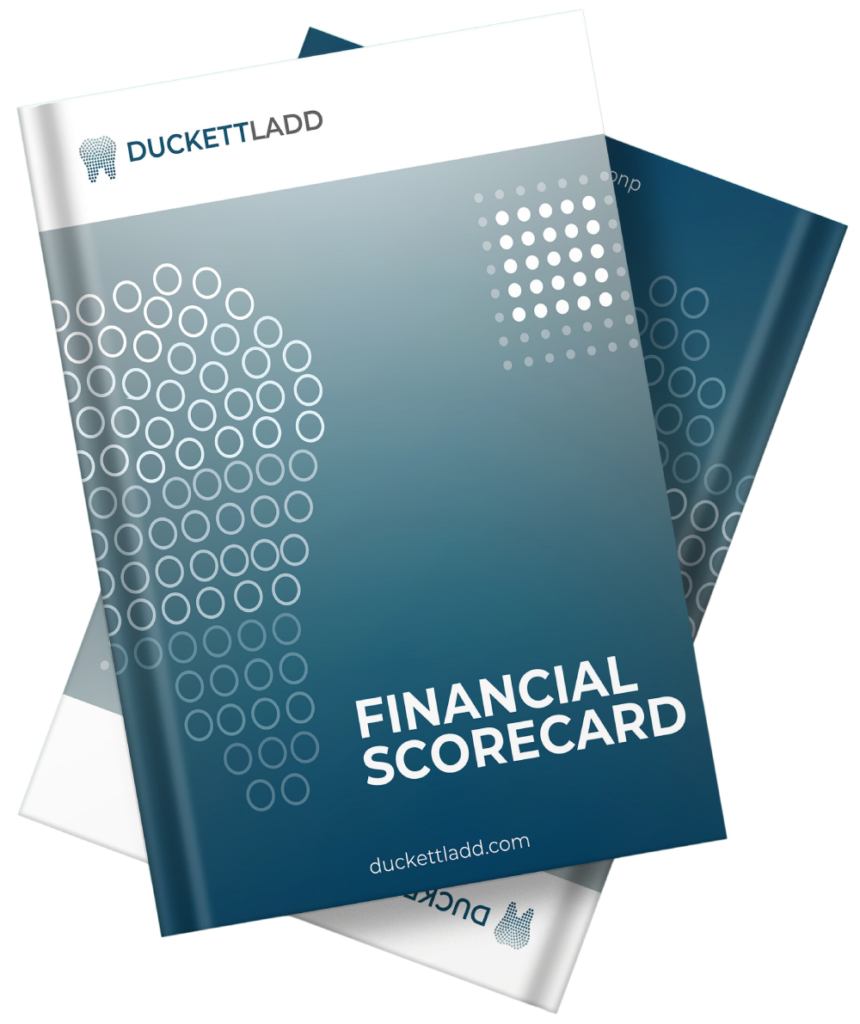Overhead expenses include all of the operational costs of running a business that aren’t directly linked to the creation of a product or service.
Like any business, dental practices need to effectively manage overhead expenses in order to thrive and sustain.
Types of Overhead Costs for a Dental Practice
Overhead expenses shouldn’t catch you off guard. All major overhead costs should be budgeted and paired with spending and performance goals. Understanding and planning for overhead helps your practice scale and improve cost/revenue ratios.
Overhead can be divided into these three groups:
- Fixed costs
- Flexible costs
- Semi-flexible costs
Fixed costs are those that remain consistent every month, such as rent payments.
Flexible costs are the ones that vary significantly depending on activity. These include expenses that are charged per unit of use, like water bills and electric bills.
Semi-flexible costs have a fixed base rate with additional costs that accumulate based on use. For example, you may pay the monthly access fee for a software program and then pay extra costs on a per-use basis for additional features.
Let’s review the major overhead expenses for dental practices, along with some approaches for managing these costs.
Utility Costs
It’s not easy to keep a dental practice’s utility costs at a reasonable level. A practice’s utility needs include the following:
- Regular operations
- Office management
- Equipment
Regular operations such as using lighting and computers during the workday are essential and difficult to cut back on.
Office management practices, on the other hand, involve making adjustments where possible to reduce utility overhead. This may include simple approaches like powering off computers between shifts or adopting water conservation techniques.
As for medical equipment, your utility needs in this category aren’t particularly flexible. However, an occasional upgrade to newer, more energy-efficient equipment leads to long-term utility savings.
In addition to managing day-to-day utility costs, look out for problems such as water leaks and equipment malfunctions. Issues like dripping faucets and leaky windows create inefficiencies that add up to major utility expenses over time.
Rent or Mortgage
Whether you lease or own your building, your monthly rent or mortgage payment is probably one of your biggest expenses. These payments are substantial but predictable, so they’re easy to plan for in your budget.
For practice owners that own their building, subdividing and renting out a portion of the space is sometimes an option for offsetting costs.
Payroll and Benefits
As your business grows, your payroll does also. Along with wages, every benefit you provide, like paid time off, carries a cost.
You may choose to manage compensatory overhead by outsourcing as many non-core business functions as possible. For example, you can hire a marketing agency to promote your business, a human resources firm to manage HR operations, and a CPA to assist with financial management.
Outsourcing some peripheral aspects of running your practice allows you to keep your wage-earning staff small and tight-knit. Your team can consist of dental industry experts that are able to focus on your business’s core operations.
Insurance
Insurance is an essential cost, but it’s highly variable based on your needs and preferences.
The cost of insuring your business changes over time. For example, if an employee suffers an injury in your office, your premium may increase. On the other hand, you may be able to lower your insurance costs as your business operations become safer and more predictable over time.
Promotional Expenses
Do you actively market your business? Your marketing budget is one of a practice’s more flexible overhead expenses.
You can set a rigid budget on a yearly, quarterly, or monthly basis. Or, you can adjust frequently based on the return on your investment.
To get the most value from your business’s marketing costs, it’s best to be adaptable. More or less marketing effort might be called for based on the season, economic trends, and the ups and downs of your particular practice.
Manage Your Business Overhead With Help From a Dental CPA
Duckett Ladd is a financial services firm 100% dedicated to the dental industry. We help dentists achieve improved financial outcomes for their practices.
As a team of licensed CPAs and expert financial advisors, we’ll help your team keep overhead costs manageable and scalable while streamlining and improving your financial operations.
To learn more, contact us today.

